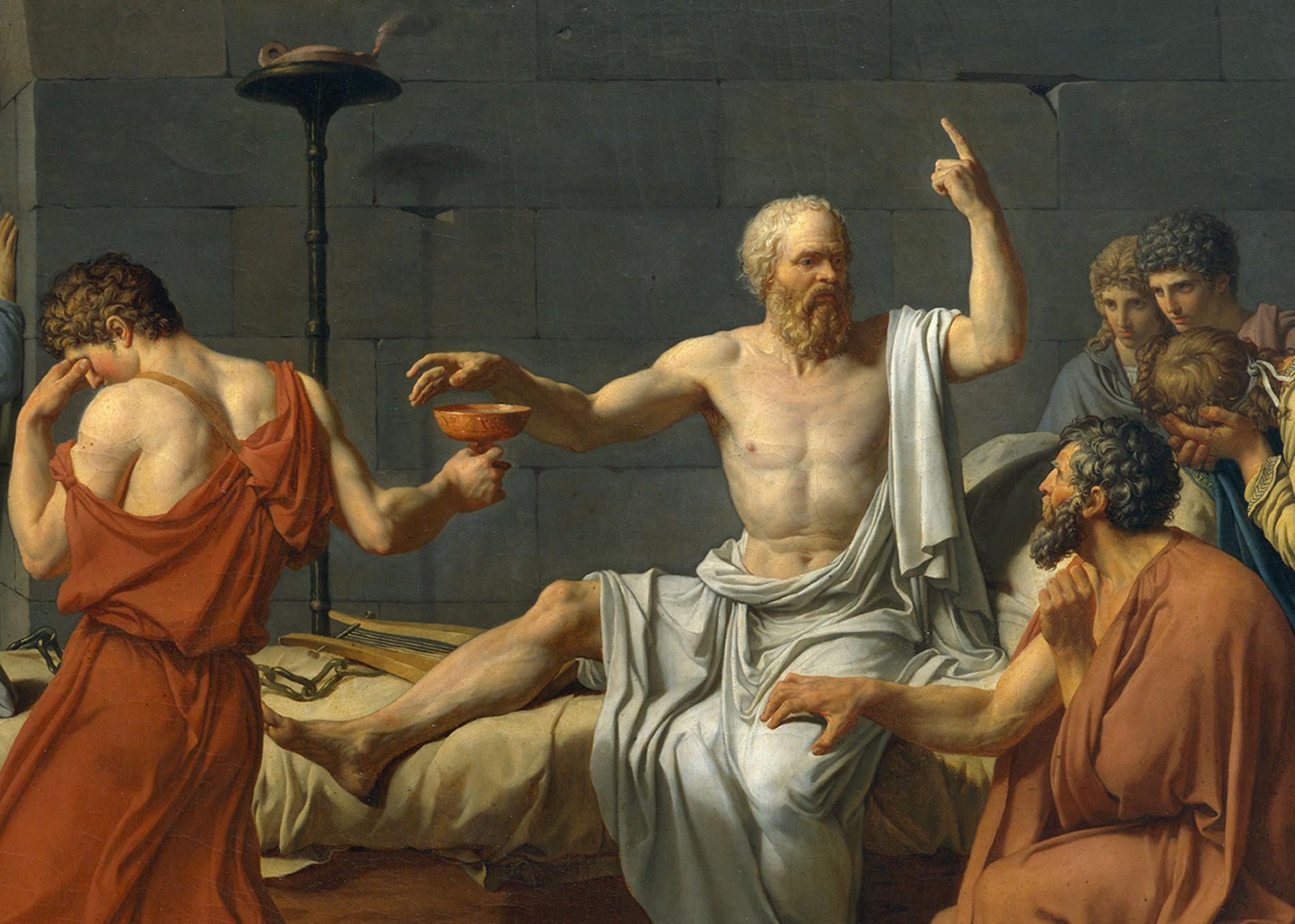Conflicting messages about the pandemic beg us to go the way of philosophers and examine every claim to validity or truth, particularly with regard to evidence.
Plato
How technological control undermines human desire
Contrary to what most people believe, the world is approaching the dystopian totalitarian society portrayed in George Orwell’s 1984, although ours does not, at first sight, appear to be totalitarian. And yet it is every bit as controlled, albeit in a much more subtle way. The Canadian thinker, Gilbert Germain, homes in on this state […]
The high cost of technologically controlling our social environment
Few people are in the position, or have the means, to be able to know just how detrimental the incremental control of our social environment – and our own feelings – by technological means really is. In a nutshell, it is a process that is gradually extinguishing the very core of our being. In his […]
Why does celebrity online behaviour affect ordinary people?
In a recent article on the Yahoo website, Marie Claire Dorking claims that when so-called celebrities – the contemporary kitsch counterparts of ancient Greek Olympians – ‘behave badly’ online, their behaviour has a recognisable impact on the behaviour of ordinary people, including children. In other words, the bad example they set has consequences when it […]
Philosophy of provisionality
Everything we do as humans is provisional. Because of time’s eroding power, everything is revisable. There is a reason for the word “decision” being a part of our language. Not accidentally, the term derives from the Latin for “cut”; in other words, when we decide something, we make a volitional “cut” of sorts in the […]
Foucault and the courage of truth
The last course that Michel Foucault presented at the Collége de France in 1984, when he was already quite weak (he died in June of that year, and taught until March), was on The Courage of Truth – later published with that title (Palgrave Macmillan 2011; Kindle edition). Although I cannot do justice to it […]
Understanding ‘world politics’ today – Rancière and Žižek
What I have in mind with this title pertains mainly to the work of that inimitable philosopher Jacques Rancière who has infused political thinking with new life, given the fact that it has become moribund under the dead weight of largely irrelevant liberal political theory and the idea that all politics is governed by the […]
The ancient Greeks’ wisdom regarding sexual orientation
As history unfolds, people tend to regard earlier eras as being surpassed in practically all areas of cultural activity, the most obvious one being technology — “progress” regarding which, incidentally, seems to me to be proportional to retrogression in other spheres of culture, specifically self-understanding: the more gadgets there are to be fascinated by, the […]
Guns, patriarchy and violence against women
In Ridley Scott’s (for a male director) astonishingly feminist film, Thelma and Louise (1991), there is a scene-sequence that graphically captures the indissoluble connection between patriarchal men and guns. And, at the same time, it shows how much the vaunted power of patriarchal men depends on their guns. The scene-sequence commences at that point in […]
Is social equality an illusion?
Some people evidently thought that in my last post I was writing approvingly about Plato’s division of the community/society into three classes (philosopher-kings/queens — yes, he did allow for women in this category; protectors, and producers). Actually, I was not (as my response to Enough Said about classes indicated), although I admire Plato’s wisdom concerning […]
What politicians could learn from Plato
I am willing to bet that the vast majority of politicians in the world today do not give much thought to the relationship between governance and the “nature” of human beings. That is, how should one govern, given specific abilities, inclinations and dispositions on the part of the governed and the governing? Plato considered this […]
Musing on music
“Korean flamenco” might appear to be an oxymoron, and in a sense it is. After all, flamenco is as Spanish as one can get in the realm of music … and indigenous Korean music is nothing like it. But last night we – the delegates to a conference on English literature organised by the English […]


